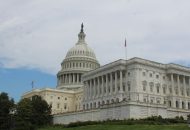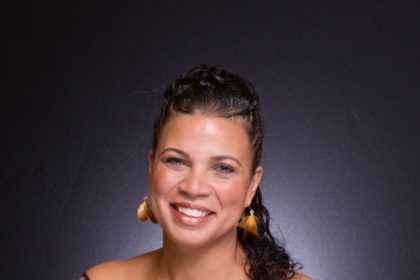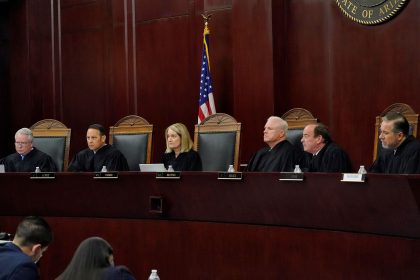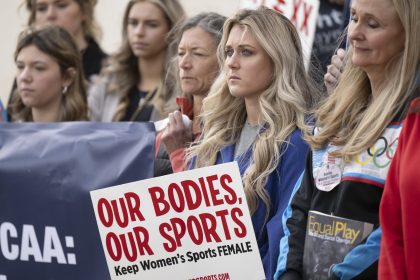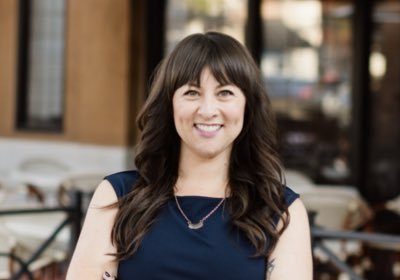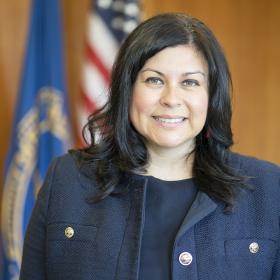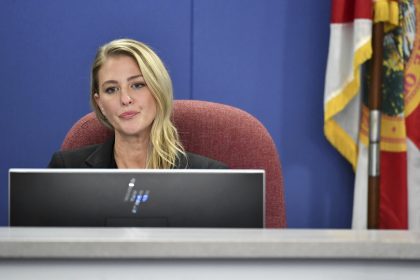Justices Send Same-Sex Wedding Case Back to Oregon Court of Appeals

WASHINGTON – The U.S. Supreme Court tossed an Oregon appeals court ruling against bakers who refused to make a wedding cake for a same-sex couple.
The justices’ one-sentence order directs appellate judges in Oregon to reconsider the case in light of the Supreme Court’s ruling last term in the case Masterpiece Cakeshop, Ltd. v. Colorado Civil Rights Comm’n.
In that case the high court ruled in favor of a baker from Colorado who would not make a cake for a same-sex wedding.
The baker, Jack Phillips, had claimed he was subjected to anti-religious bias when the Colorado Civil Rights Commission determined he’d violated state anti-discrimination statutes when he refused to bake the couple’s wedding cake.
The Oregon appellate ruling in the case remanded on Monday, Klein, Melissa, E., Et v. Ore. Bureau of Labor & Industries, was handed down before the Masterpiece Cakeshop ruling.
Melissa and Aaron Klein, the bakers in the underlying case in Oregon, paid a $135,000 judgment to the couple for declining to create a cake for them in 2013.
Rachel Bowman-Cryer had gone to the Klein’s bakery, Sweet Cakes by Melissa in Gresham, Ore., with her mother in January 2013, and requested that a cake be made for Rachel’s wedding.
Aaron Klein asked for the date of the ceremony and the names of the bride and groom, and when he was told there was no groom, he apologized and explained his bakery did not make cakes for same-sex weddings.
According to court documents, Bowman-Cryer and her mother went back to their car where Rachel burst into tears.
As she sobbed, her mother returned to the shop and explained to Klein that she once thought like him, but that her opinions changed when she discovered she had two gay children.
Klein was unmoved and responded by quoting Leviticus: “You shall not lie with a male as one lies with a female; it is an abomination.”
The justices’ decision to punt the case back to state court, keeps the issue of balancing LGBTQ rights against the religious objections of merchants off the court’s election-year docket.
However, they have already agreed to decide whether federal civil rights law protects people from job discrimination because of their sexual orientation or gender identity during their next term, which begins October 7 and runs through the presidential primary season.









